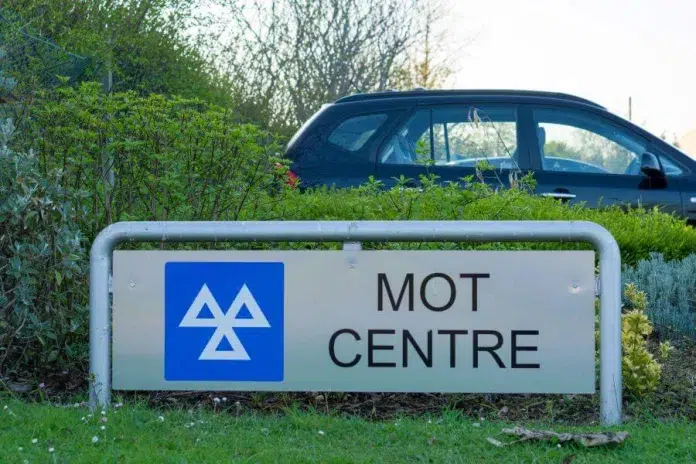
First Published: 20th November 2023, written by David Dooley | Last Updated on 20th November 2023 | Reviewed and Edited by Chloe Safilo
There have been a number of news reports and a lot of speculation on social media about apparent changes to the MOT test. However, sceptics will know that there are a great number of rumours about the MOT that float about occasionally that turn out to be completely untrue.
These include grace periods after the expiry of the MOT: not true; your spare tyre is checked and can earn you an MOT fail: not true (unless it’s fitted to the wheel); you don’t need to be insured to drive your cat to its MOT test: definitely not true! So what is this new story and is it true or – like the examples above – not?
It’s True! Potentially…
The MOT test was introduced in 1960 to ensure that all the cars on the UK’s roads were being maintained at a certain level of roadworthiness. The initial timeframe was on the vehicle’s tenth anniversary of registration, but the fail rate was so high that this was reduced almost immediately to seven years, and then again and again, until it reached three years: at which point, most cars would pass the test.
And there it has remained since 1967. But government is now in talks to potentially increase it to four years. For now, however, it is still three years, so if your annual MOT is due and you want to keep your vehicle in top condition book MOT online from Elite Direct’s London branch.
Reasons to Increase the MOT Interval
- Proponents of the plan point firstly to Northern Ireland where the MOT interval has been four years for some time – very successfully, as road safety statistic reflect similar (low) accident rates in Northern Ireland as are found in England, Wales and Scotland.
- Modern cars are vastly safer than cars in the 1960s. Built with crumple zones that can save lives, viewing cameras to provide excellent visibility, smart technology to diagnose issues and alert the driver to them, and even carefully designed roads that are intuitive to navigate and relatively distraction-free, the three-year MOT seems redundant: cars that are just three years old will have many safety features as standard – and will still be in excellent working order.
- But the main reason for considering this proposal is that it will save drivers a staggering £100-million (one hundred million pounds) (according to the Independent)to have their car receive its first MOT on its fourth anniversary, rather than on its third anniversary as at present. And in this economy, that is not something to dismiss too frivolously.






















































